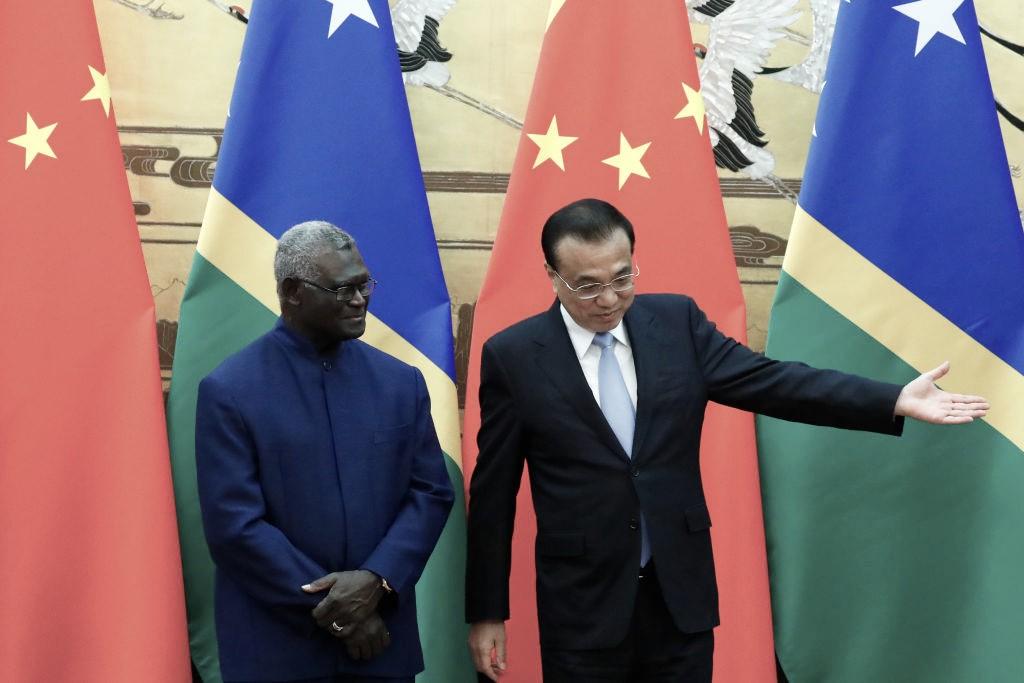Beijing and the Solomon Islands have “initialled” a controversial security pact that will allow the Chinese Communist Party (CCP) to station armed police, troops, weaponry, and even naval ships on the Island—exacerbating existing concerns of Chinese militarisation in the region.
On March 31, the Chinese Ambassador Li Ming, and Solomons’ Permanent Secretary of the Ministry of Foreign Affairs Colin Beck, released a media statement announcing an official signing of the “Framework Agreement Between the Government of the People’s Republic of China (PRC) and the Government of Solomon Islands on Security Cooperation.”





